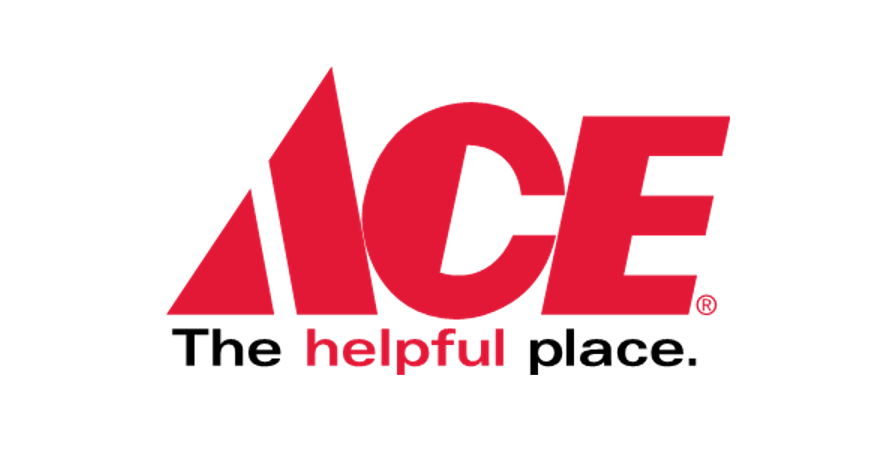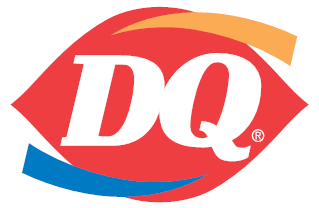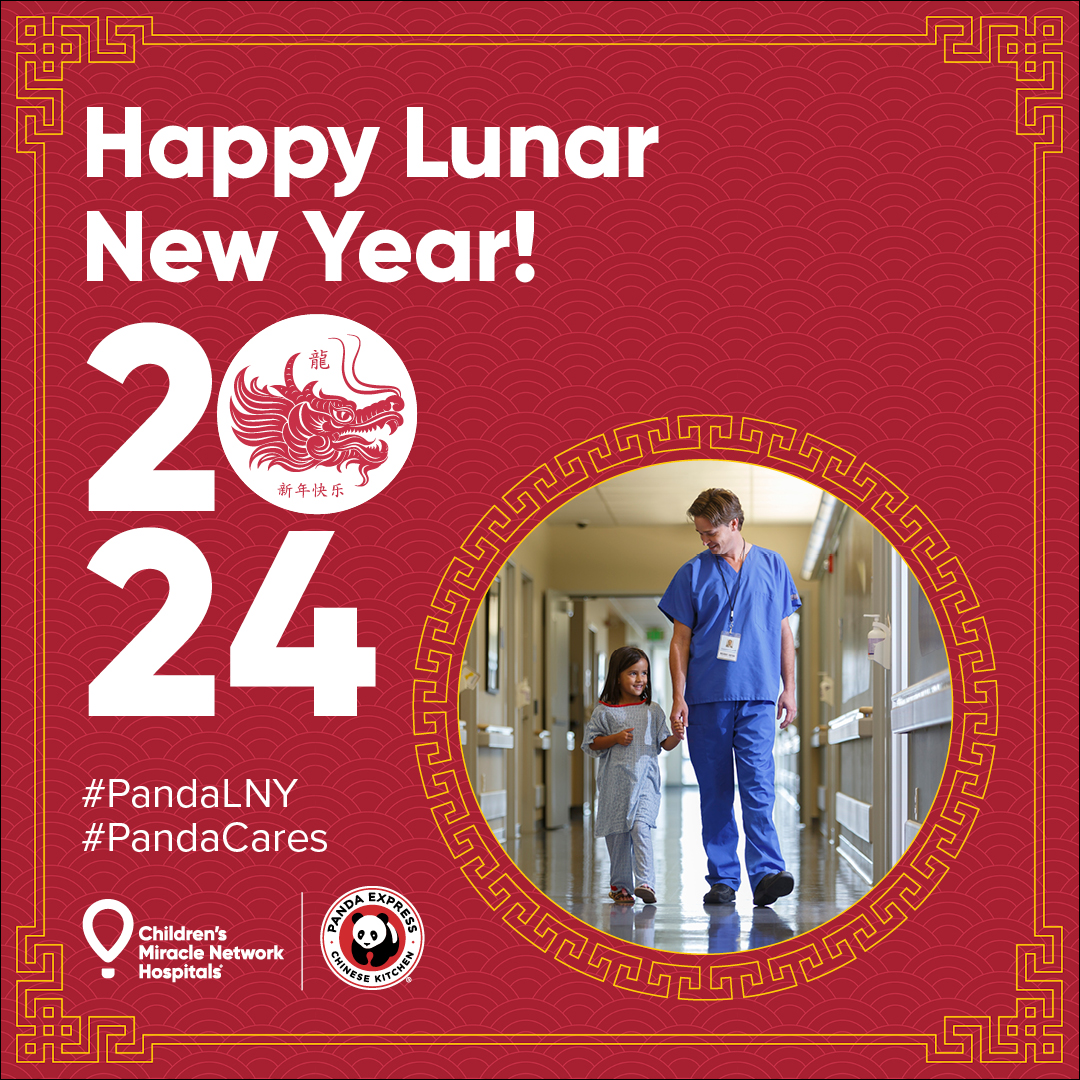expect the unexpected
This story originally appeared on fetaltonewborn.org as part of Dayton Children’s partnership with Miami Valley Hospital on the Fetal to Newborn Care Center.
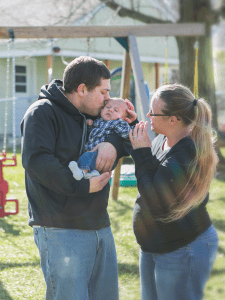 As many expectant parents, do, Beth Hirn and her husband, Bryan, prepared a birth plan for their son Westin. But their plan was much more complex than most.They met with specialists and toured neonatal intensive care units (NICUs); planned a C-section; discussed medical interventions; prepared for the fact that he might not make it; and more.
As many expectant parents, do, Beth Hirn and her husband, Bryan, prepared a birth plan for their son Westin. But their plan was much more complex than most.They met with specialists and toured neonatal intensive care units (NICUs); planned a C-section; discussed medical interventions; prepared for the fact that he might not make it; and more.
“We had our 20-week ultrasound with Westin, and our regular OB had thought that he had a diaphragmatic hernia … so she sent us to the Maternal-Fetal Medicine Program at Miami Valley,” says Beth. The Hirns live an hour north of Dayton in Minster, but Miami Valley Hospital has the only maternal-fetal medicine facility of its kind in the entire region.
A diaphragmatic hernia meant that Westin had a defect in the muscle that divides the chest from the abdomen, Dayton Children’s Hospital surgeon Arturo Aranda, MD, FACS, explains. “It is a hole that allows intra-abdominal organs to go up in the chest and causes a life-threatening situation for the baby,” says Dr. Aranda.
To help expectant parents navigate high-risk pregnancies, the NICUs at Miami Valley Hospital and Dayton Children’s Hospital work together through the Fetal to Newborn Care Center. This partnership of the most experienced Level III NICUs in the Dayton area includes an integrated team of maternal-fetal specialists, high-risk obstetricians, neonatologists, and pediatric subspecialists who provide comprehensive, coordinated care to women experiencing high-risk pregnancies or carrying babies who will need specialized treatment at Dayton Children’s after birth.
“We’ve even further developed our professional relationship with the physicians at Dayton Children’s, so we’re very comfortable calling each other and discussing cases and coming up with the best plan of care for any particular patient and her baby,” says David McKenna, MD, a Miami Valley Hospital Maternal Fetal Medicine physician.
coordinated care
Dr. Aranda says the Fetal to Newborn Care Center partnership decreases parents’ anxiety. “It’s a multi-disciplinary approach, and there is a lot of good communication. By the time that the baby is born, the parents already know the steps of the treatment that are going to happen.”
Beth agrees. “It was very reassuring. When we went from Miami Valley Hospital to Children’s, Children’s already knew everything about us, everything about Westin. It was like they had been there since day one.” Sharon Orozco, the nurse navigator for the Fetal to Newborn Care Center, helps families walk through this complex and emotional time. She coordinates and schedules their appointments, answers questions, and more.
“I tell families that they call me the nurse navigator because I help them navigate a pregnancy that isn’t what we thought it was going to be, or now is high-risk,” says Sharon.
Beth describes Sharon as a stepping stone between specialists.
“There were just so many different appointments, and so many doctors who needed to know about Westin’s condition and wanted to let us know what to expect when he did come,” says Beth. “Any questions we had, Sharon knew where to direct us or how to answer them.”
a happy homecoming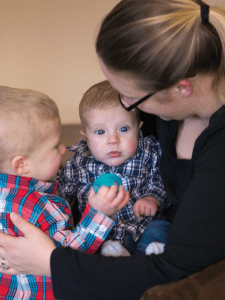
Westin, born by C-section on the Monday of Thanksgiving week in 2017, transferred to Dayton Children’s on Thanksgiving Day and had surgery to repair his diaphragmatic hernia the following day.
Dr. Aranda performed a minimally invasive surgery on Westin – making three almost needle-sized incisions instead of one large one – which meant less pain, a lower risk of future complications, and a faster recovery.
Westin’s family, including older brothers Carson and Jettediah, finally experienced the excitement of bringing him home when he was almost nine weeks old.
“It’s just an excellent process, and excellent doctors and nurses, and everybody coordinating – we absolutely loved it,” Beth says of the Fetal to Newborn Care Center. “We can’t say that we want to do it again, but if we had to, we would do it with the same people.”
what is ECMO
Westin’s care team prepared the Hirn family for the possibility that he would need extracorporeal membrane oxygenation, or ECMO – a heartlung bypass machine that is used as a temporary external heart bypass for the heart and lungs of newborns with severe respiratory failure or some heart problems. Thankfully, Westin did not need this treatment.
“While in utero, the baby can breathe just fine because the placenta is performing the function of a lung,” says Dr. McKenna. “But once the baby’s born, it can be a real challenge for the baby to breathe if the lungs have not developed or they can’t expand properly.”
Miami Valley Hospital became the first center in Ohio to offer ECMO in 1986, and remains the only facility in Dayton offering that level of care for newborns.
